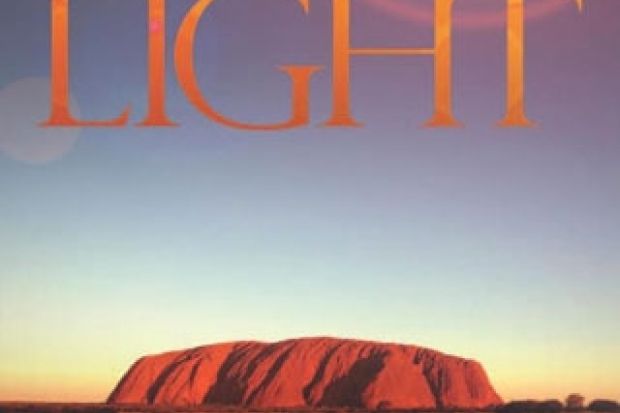Creation stories and cosmogonic myths provide a rich tapestry of imaginary tales. They attempt to explain the origin of the cosmos and the natural world, and also the problematic nature of the human condition. Such myths are inevitably specific to particular cultures and, during much of human history, have furnished powerful explanatory resources for shaping the lives of countless human groups and individuals. Numerous conclusions have been drawn from them, but are these stories still of interest in an age of science, and in a global world of evolutionary development shaped by intricate networks of inter-dependence?
Ancient and modern writers – from Egypt, Greece and Rome to the Middle Ages, the Enlightenment and our own time – have asked questions about the origin and meaning of creation. For more than a century, the disciplines of anthropology, ethnology, folklore and religious studies have made superb progress in collecting and analysing vast amounts of data on creation myths, so that the rich diversity of this field is amply documented. Did creation come from nothing? Or did the world emerge out of primal chaos, through a flood, from a cosmic egg, a cosmic tree or a giant animal ancestor? Did human beings descend from primordial parents or were they created by a primal being, a divine craftsman or a supreme God?
To provide a history of creation myths based on currently available knowledge would be a tall order indeed; it would require an encyclopedia for adequate coverage. But “creation stories are kaleidoscopic”, as G. R. Evans rightly points out in her very short conclusion; there exists no one answer or explanation. But her book’s subtitle is misleading, because this learned tome does not supply a comprehensive history of creation myths at all. It focuses instead on the Hebrew, Christian, and to some extent Islamic, discussions of the biblical Genesis story of creation and on the philosophical and theological speculations derived from it during centuries of debate. Primarily a Western-oriented rather than global discussion, Evans’ book focuses largely on Western classical, medieval and modern texts. The creation stories of Hinduism, Buddhism, Sikhism, African, Australian and native North American cultures and religious traditions are either inadequately summarised or simply referred to in passing, and the great Asian traditions of Japan, China and Korea receive even briefer mentions.
This book’s primary value lies in the perceptive questions Evans asks and relentlessly pursues, and in her impressive knowledge of the philosophical, theological and literary authors she quotes at length in seeking explanations for the evolution of myths about the creation of the world and its people. She is searching for a key, a unifying methodology that might serve to explain the beginning of the world or show that creation is an all-inclusive system. But no evidence is forthcoming. There will always remain disagreements about different approaches, rival religious theories and competing explanations to work out an overarching “meaning” of creation.
First Light’s great strength lies in the diversity of Western texts quoted, many of which are not widely known. It is enhanced by a wide range of black and white illustrations, although several are regrettably not referenced in the text. Contemporary scientific hypotheses about the beginning of the universe, such as the Big Bang theory, are mentioned without further discussion. Similarly, an illustration of the Large Hadron Collider decorates the beginning and end of the book without being mentioned in the text and the “God Particle” appears only on the jacket. Thus the promised “first light” of Evans’ title does not shine as brightly on creation as readers might have hoped.
First Light: A History of Creation Myths from Gilgamesh to the God Particle
By G. R. Evans
I. B. Tauris, 288pp, £22.50
ISBN 9781780761558
Published 21 January 2014
Register to continue
Why register?
- Registration is free and only takes a moment
- Once registered, you can read 3 articles a month
- Sign up for our newsletter
Subscribe
Or subscribe for unlimited access to:
- Unlimited access to news, views, insights & reviews
- Digital editions
- Digital access to THE’s university and college rankings analysis
Already registered or a current subscriber? Login





